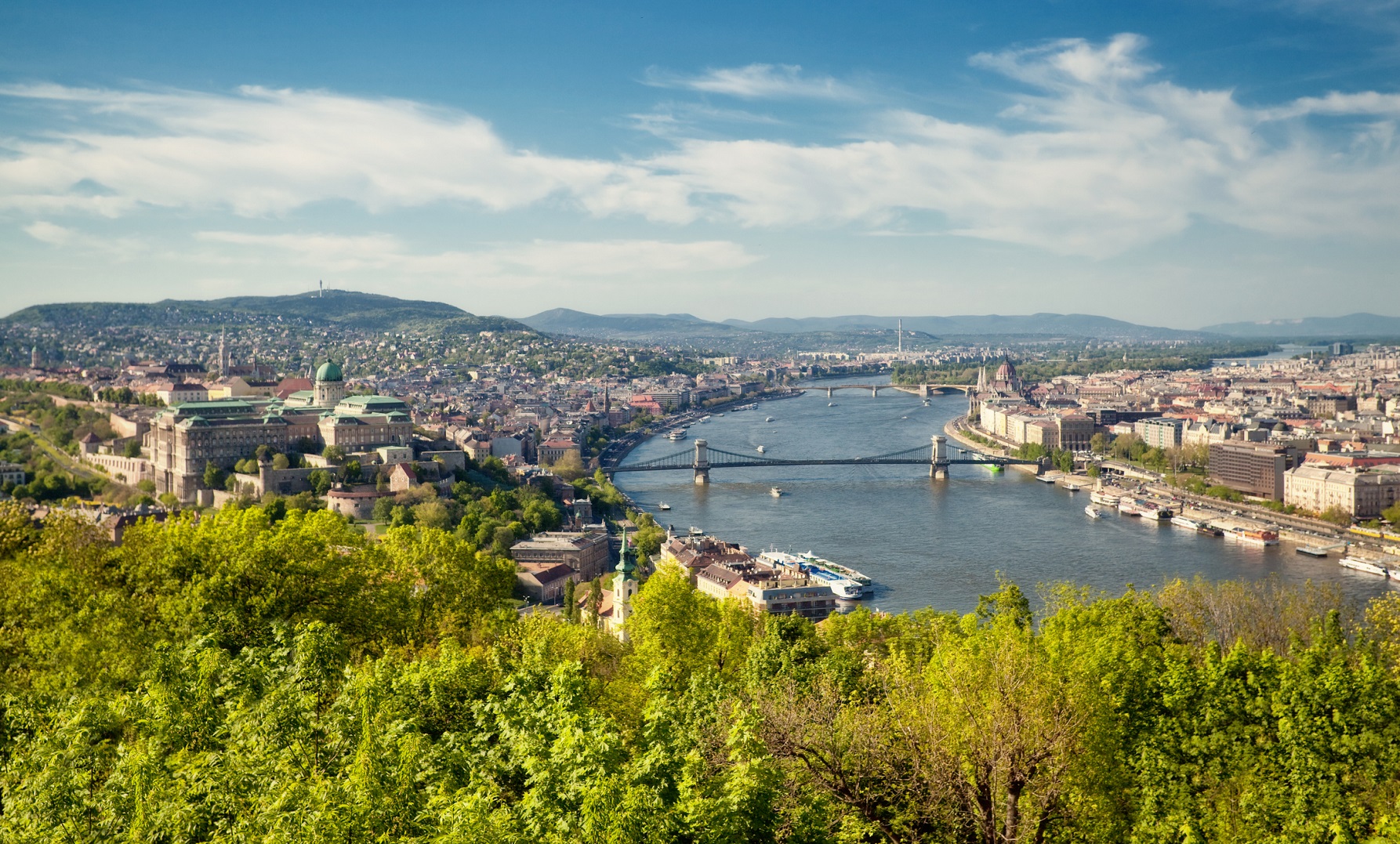Start-Up Capitals - They Are Not Where You Think
Where are the best places to open a new business? Our British contributor writes how the answers may surprise you. The internet has made it easier for budding
entrepreneurs to pick up and move to places like Honolulu where all they need is a desk and good Internet connection. Read about the best cities for start-ups.
For those not familiar with the terms, it may be difficult to tell an incubator from accelerator, or to know exactly how a co-working space differs from a regular office – but so long as you know their basic function there's no need to worry too much about the details. Business incubators, accelerators, and co-working spaces are all generally geared towards providing a flexible working environment – be that for businesses which are still in their early stages and haven't yet acquired offices, or for more established businesses which want to remain mobile and keep costs low. Offerings like these are crucial to the success of tech start-ups, app developers, and other internet entrepreneurs; they allow lightweight companies which might not have funds to spare to establish themselves and enjoy the opportunity to grow. Many of them also cater to the growing population of digital nomads – location-independent workers who need little more than a desk and an internet connection to carry out their work.
It will come as no surprise that some cities are more start-up-friendly than others... but the kings of the castle might not be the big players that you're thinking of. Take a look at Nomad List for a decent measure of the digital potential of a range of global cities. You'll notice that many capital cities clock in way down the list, with the likes of London, Washington DC, and Tokyo vastly outweighed by much smaller cities in America, Asia, and Eastern Europe.
Listed below are Nomad's higher ranking cities:
1.Budapest – Hungary
2.Ho Chi Minh City – Vietnam
3.Porto – Portugal
4.Chiang Mai – Thailand
5.Canggu Bali - Indonesia
Whereas previously it might have made logical sense to situate a budding start-up in your nearest capital city, now there are new and different factors to be taken into account. London, for example – albeit the economic capital of the UK – could be a terrible decision for a nascent tech start-up, with poor internet connectivity, high prices and a long waiting list for many of its more affordable spaces. Not only that, but if Nomad List is anything to go by, the workers with in-demand skills are more than likely gravitating elsewhere.
The conclusion to draw from this is, of course, that a given tech start-up would be considerably better off winging its way to, say, Budapest in order to get off the ground than it would be trying to establish a presence in London, Paris, or Washington DC. As technology grows and shifts, so too do the economic centers of the developed and developing worlds. Cities that were once comfortably ensconced as the economic and cultural epicenters of their respective countries may well struggle to become technological ones as well – if for no other reason than it's much easier to wire up a smaller, less-crowded, less busy city. As technology develops, and the way in which companies are founded changes, expect to see more Silicon Valleys developing – and be ready for them to be in places that you might not fully expect.
Question:
Would the town or city where you currently find yourself be a good place for a tech start-up or similar company to try and establish itself? Why?
Visit our free lesson
Entrepreneurs – Their Vital Role in The Economy to learn more about entrepreneurship and whether you have what it takes.
